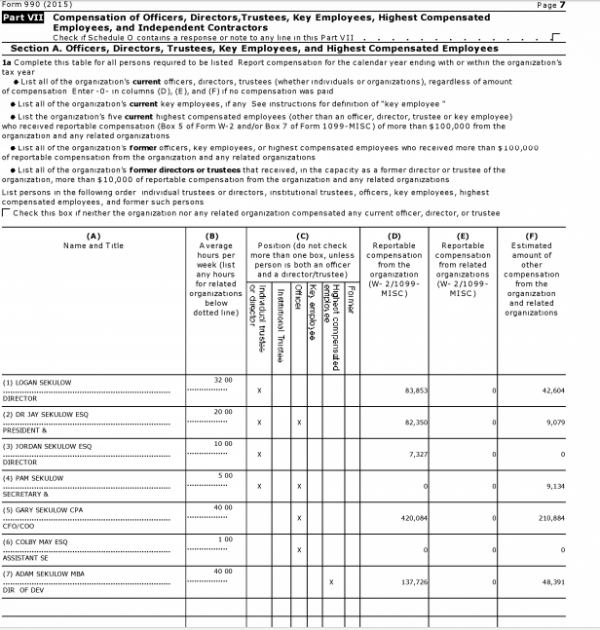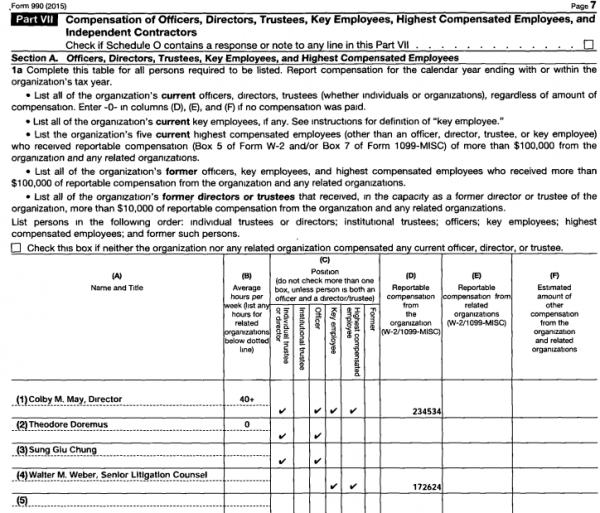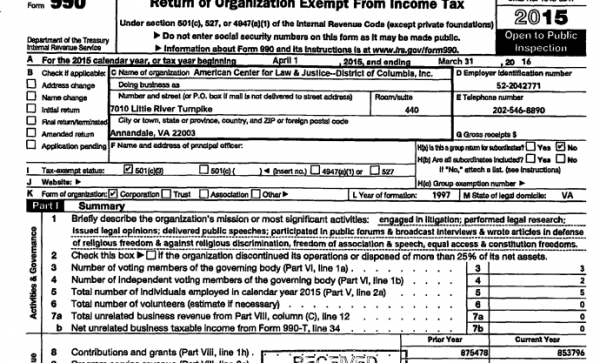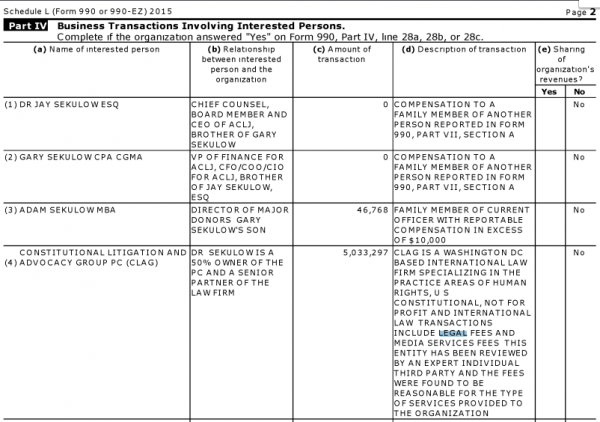 June 28, 1787 (click to read Madison’s notes on the day)
June 28, 1787 (click to read Madison’s notes on the day)
Summary
For students of religion at the Constitutional Convention, today is one of the most eventful days of the summer. Two hundred and thirty years ago today, in the midst of strong and passionate debate about the way states would be represented in the new government, Ben Franklin rose to call the Convention to prayer. After brief discussion, the delegates adjourned without a vote on Franklin’s call and a companion motion by Edmund Randolph calling for a Fourth of July sermon followed by daily prayers. As Madison recorded the next day, the Convention did not return to either motion. Prayers were not conducted at the Convention. Franklin later wrote, “The convention, except three or four persons, thought prayer unnecessary.”
Franklin’s Call for the Assistance of Heaven
Franklin’s statement confirms that the delegates did not seek assistance from the Bible or religion to form the Constitution (the entire speech is reproduced at the end of the post). He began:
Doctor FRANKLIN. Mr. President, The small progress we have made after four or five weeks close attendance and continual reasonings with each other — our different sentiments on almost every question, several of the last producing as many noes as ayes — is, methinks, a melancholy proof of the imperfection of the human understanding. We indeed seem to feel our own want of political wisdom, since we have been running about in search of it. We have gone back to ancient history for models of government, and examined the different forms of those republics which, having been formed with the seeds of their own dissolution, now no longer exist. And we have viewed modern states all round Europe, but find none of their constitutions suitable to our circumstances. (emphasis added)
As I have documented, the models, both positive and negative, came from Britain, Europe, Greece and Rome, rather than Israel and Christian theology. Franklin then suggested that the delegates call on God.
In this situation of this Assembly, groping as it were in the dark to find political truth, and scarce able to distinguish it when presented to us, how has it happened, Sir, that we have not hitherto once thought of humbly applying to the Father of lights, to illuminate our understandings?
Franklin then made a case for the following motion which was seconded by Roger Sherman.
I therefore beg leave to move — that henceforth prayers imploring the assistance of Heaven, and its blessings on our deliberations, be held in this Assembly every morning before we proceed to business, and that one or more of the clergy of this city be requested to officiate in that service.
Delegates Declined to Pray for Heaven’s Assistance
Madison recorded the reaction of the delegates:
Mr. SHERMAN seconded the motion.
Mr. HAMILTON and several others expressed their apprehensions, that, however proper such a resolution might have been at the beginning of the Convention, it might at this late day, in the first place, bring on it some disagreeable animadversions; and in the second, lead the public to believe that the embarrassments and dissensions within the Convention had suggested this measure. It was answered, by Doctor FRANKLIN, Mr. SHERMAN, and others, that the past omission of a duty could not justify a further omission; that the rejection of such a proposition would expose the Convention to more unpleasant animadversions than the adoption of it; and that the alarm out of doors that might be excited for the state of things within would at least be as likely to do good as ill.
Mr. WILLIAMSON observed, that the true cause of the omission could not be mistaken. The Convention had no funds.
Mr. RANDOLPH proposed, in order to give a favorable aspect to the measure, that a sermon be preached at the request of the Convention on the Fourth of July, the anniversary of Independence; and thenceforward prayers, &c. to be read in the Convention every morning. Doctor FRANKLIN seconded this motion. After several unsuccessful attempts for silently postponing this matter by adjourning, the adjournment was at length carried, without any vote on the motion.
As noted above, Franklin later wrote that the reason for the lack of interest in his motion was that the delegates, “except three or four persons, thought prayer unnecessary.”
Don’t Expect Interference of Heaven
As we shall see, the delegates continued their debates using “ancient history,” Britain, and the rest of Europe for their models and authorities. Rarely did anyone reference religion in the formation of the Constitution. In fact, just days later on July 2, delegate Gouverneur Morris, as if to answer Franklin’s motion for assistance from heaven, said to the Convention:
Reason tells us we are but men; and we are not to expect any particular interference of Heaven in our favor.
I have written in more detail about Franklin’s call to prayer in the past (here, here, and here). Eric Metaxas made the call to prayer a main focus of his recent book If You Can Keep It (see my review of that book here). Metaxas uses the story to imply that the call somehow set the Convention on the path toward solution and compromise. However, a daily reading of Madison’s notes paints a different picture. Instead of supporting the Christian nationalist notion of a Christian republic, I think the reaction to Franklin’s call to prayer undermines the claim that the delegates sought to create a Constitution based on biblical principles.
1787 Constitutional Convention Series
To read my series examining the proceedings of the Constitution Convention, click here. In this series, I am writing about any obvious influences on the development of the Constitution which were mentioned by the delegates to the Convention. Specifically, I am testing David Barton’s claim that “every clause” of the Constitution is based on biblical principles. Thus far, I have found nothing supporting the claim. However, stay tuned, the series will run until mid-September.
Constitutional Convention Series (click the link)
To follow on social media, click the following links:
Facebook (blog posts and news)
Facebook (Getting Jefferson Right – history news)
Twitter
Franklin’s entire speech:
Doctor FRANKLIN. Mr. President, The small progress we have made after four or five weeks close attendance and continual reasonings with each other — our different sentiments on almost every question, several of the last producing as many noes as ayes — is, methinks, a melancholy proof of the imperfection of the human understanding. We indeed seem to feel our own want of political wisdom, since we have been running about in search of it. We have gone back to ancient history for models of government, and examined the different forms of those republics which, having been formed with the seeds of their own dissolution, now no longer exist. And we have viewed modern states all round Europe, but find none of their constitutions suitable to our circumstances.
In this situation of this Assembly, groping as it were in the dark to find political truth, and scarce able to distinguish it when presented to us, how has it happened, Sir, that we have not hitherto once thought of humbly applying to the Father of lights, to illuminate our understandings? In the beginning of the contest with Great Britain, when we were sensible of danger, we had daily prayer in this room for the divine protection. Our prayers, sir, were heard, and they were graciously answered. All of us who were engaged in the struggle must have observed frequent instances of a superintending Providence in our favor. To that kind Providence we owe this happy opportunity of consulting in peace on the means of establishing our future national felicity. And have we now forgotten that powerful friend? Or do we imagine that we no longer need his assistance? I have lived, Sir, a long time, and the longer I live, the more convincing proofs I see of this truth — that God governs in the affairs of men. And if a sparrow cannot fall to the ground without his notice, is it probable that an empire can rise without his aid? We have been assured, Sir, in the sacred writings, that “except the Lord build the house they labor in vain that build it.” I firmly believe this; and I also believe that without his concurring aid we shall succeed in this political building no better than the builders of Babel. We shall be divided by our little partial local interests; our projects will be confounded; and we ourselves shall become a reproach and by-word down to future ages. And what is worse, mankind may hereafter, from this unfortunate instance, despair of establishing governments by human wisdom, and leave it to chance, war, and conquest.
I therefore beg leave to move — that henceforth prayers imploring the assistance of Heaven, and its blessings on our deliberations, be held in this Assembly every morning before we proceed to business, and that one or more of the clergy of this city be requested to officiate in that service.






